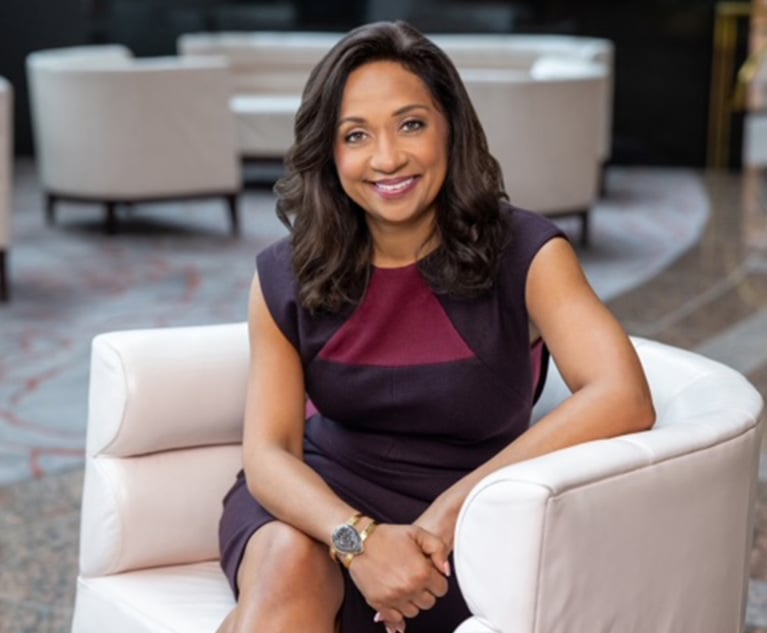In The Beatles’ song “Hello, Goodbye,” Sir Paul McCartney sings about conflicting instructions for the listener: “You say yes, I say no. You say stop, and I say go go go.” Well, when dealing with trade secret preemption, courts across the United States are singing the same conflicting tune, and Texas is joining in the song. Alternative theories of relief in trade secret litigation is a concept courts often struggle with when faced with statutory preemption provisions like the ones contained in various states’ Uniform Trade Secrets Act (UTSA). The crux of the debate is whether UTSA preempts alternative theories of relief that are grounded on information that does not qualify as a “trade secret.” Courts in favor of broad preemption generally claim that permitting claims based on use of information that does not technically qualify as trade secrets, but are based on the same facts as trade secrets claims, undermines the motivation for the UTSA’s passage to begin with—that is, to provide uniformity and clarity and otherwise streamline trade secrets litigation. The proponents of a narrow view take a wait-and-see approach, indicating that the preemption provisions apply to claims based on actual “trade secrets” and, thus, dismissal in the name of preemption can only happen once the court makes a determination as to whether the information constitutes a trade secret.
Texas enacted its version of the UTSA, the Texas Uniform Trade Secrets Act (TUTSA), on Sept. 1, 2013. Like the states that previously enacted UTSA, TUTSA strengthened trade secrets protection and aimed to provide greater consistency regarding the misappropriation of trade secrets claims with one glaring exception—preemption. Section 7 of TUTSA outlines its preclusive effect on other laws. It states that ”except as provided by Subsection (b), this chapter displaces conflicting tort, restitutionary and other law of this state providing civil remedies for misappropriation of a trade secret.” See Texas Civil Practice and Remedies Code 134A.007(a)(b). The “preemption” provision has caused division among Texas courts. As discussed above, some courts have employed a broad approach, finding that TUTSA displaces all claims based on the unauthorized taking of confidential information. Other courts have utilized a narrow approach, finding that TUTSA only preempts claims based on the unauthorized taking of “trade secrets.” Therefore, according to these courts, alternative theories, not based on trade secrets, may be available to a plaintiff.


 Justice Scale and Gavel
Justice Scale and Gavel




